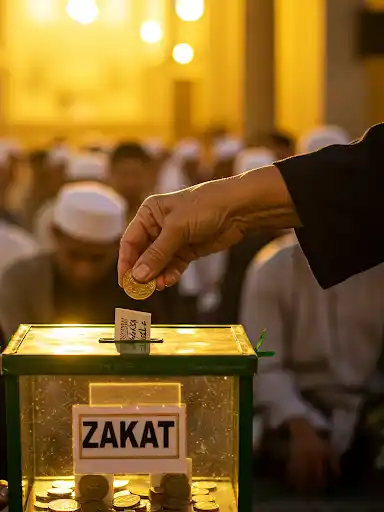Rules on Mortgaging in Islam
Once you have mortgaged an item, you do not have the right to ask for it or take it until you have fulfilled your debt.
If any one mortgages an item with you, it is not permissible for you to utilize it or take any benefit from it whatsoever, e.g. it is not permissible for you to eat any fruit from the orchard that has been mortgaged, to eat the grain from such a land, to use such money or to live in such a house.
If a person has mortgaged a goat or cow, the milk and young ones will belong to the owner. It is not permissible for you to use any of this for your personal purposes. You will have to sell the milk and include the money with the mortgage. Once the person fulfils his debt, you will have to return the mortgaged item together with the money you receive for the milk, and you can deduct the money for whatever it cost you to feed the animal.
Once you have repaid part of your debt, you still cannot take back your mortgaged item. Only when you settle your debt in full will you receive your mortgaged item.
You took a loan for R10 and mortgaged an item which cost R10 or more. While that item was under his possession, it got lost or disappeared. In such a case, he has no right to demand his money from you nor do you have any right to demand any money for your item which he lost. You have lost your item and he has lost his money. However, if your item was worth R5 and it got lost or disappeared, you will only have to repay R5 and the balance R5 will be deducted.
Note
These examples illustrate fundamental Islamic principles (Shari'ah). These core concepts, rooted in fairness and mutual obligation, can be thoughtfully extended and applied to various other permissible transactions.

